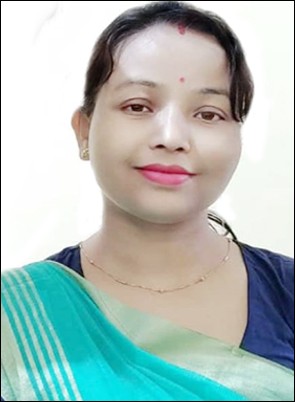Reproductive health status of ever-married Kaibarta Mothers: A Scenario from rural villages of Assam

Abstract:
Most of Indian women suffer from a variety of reproductive health problems like
high prevalence of reproductive tract infections, urinary tract infections and uterine prolapse, over bleeding and lower abdominal pain during menstruation, irregular menstruation, infertility, etc. Reproductive health studies among women have great importance because it is a crucial feature of healthy human development and of general health.
The health of a family absolutely depends on the mother’s health and her ability as she provides the required health care for its members.
The present study aims to evaluate a few aspects of reproductive health such as
the prevalence of RTIs, menstrual disorders and hygienic practices, treatment-seeking behavior, adoption of family planning measures etc, among the ever-married Kaibarta mothers inhabiting in three villages from rural setup. Relevant data has been collected from 337 ever-married Kaibarta mothers of Lakhimpur and Dhemaji District, Assam.
Kaibartas are populous indigenous scheduled caste communities of Assam.
The exact meaning of the word Kaibarta is not clearly known but the term is generally used to indicate the people whose main profession is fishing. They are the staunch followers of neo-Vaishnavism propounded by Sri Sankardev.
The study reveals that the Kaibarta women under study are not much attentive to
their reproductive health. Prevalence of RTIs and ailments associated with menstruation are
very high among them while Knowledge about health and hygienic practices is minimum
.They believe many reproductive health problems and their symptoms as normal and do not seek treatment until the discomfort is agonizing. A good number of Kaibarta mothers have been severely suffering from various symptoms of RTIs for a long time due to a lack of awareness and proper healthcare facilities. Precise health education concerning gynecological and reproductive morbidity is of the utmost importance for them to reduce the stigma and embarrassment of reproductive health problems. Health-seeking behavior should be enhanced and made more accessible so that women feel at ease in seeking treatment.



